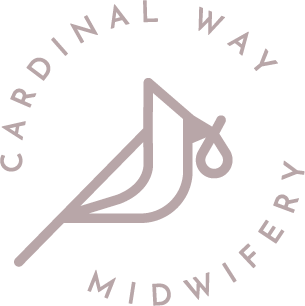What to Expect at Your Prenatal Visits
At Cardinal Way Midwifery, we believe prenatal care should be more than just checklists and lab work—it’s about building trust, preparing your body and mind for birth, and creating a care plan that feels right for you and your family.
Below you’ll find an overview of what happens at each stage of pregnancy, including recommended screenings, supportive conversations, and the extra guidance we offer to help you feel confident and cared for throughout your journey.
VISIT BY VISIT
What to Expect
A quick overview of testing, guidance, and our Cardinal Way additions at each stage.
| Gestational Age | Testing & Screening | Anticipatory Guidance | Cardinal Way Additions |
|---|---|---|---|
| Initial (≤10 weeks) | Comprehensive history & physical, blood pressure, weight, ABO/Rh, CBC, urine culture, STI panel (HIV, syphilis, chlamydia, gonorrhea), rubella/varicella immunity, mental health/social screenings, genetic risk assessment, offer first-trimester aneuploidy screening. | Nutrition, folic acid, iron, exercise, safe meds/teratogen avoidance, early pregnancy symptoms, vaccinations, shared decision-making. | Build your birth team (midwife, doula, childbirth educator, chiropractor, pelvic floor PT); recommend The Real Food Diet for Pregnancy; mental health support; preparing for unmedicated birth. |
| 12–16 weeks | Blood pressure, weight, urine protein, fetal heart tones; offer cfDNA or nuchal translucency if not done; repeat depression screen if indicated. | Review early symptoms and genetic results, warning signs, reinforce healthy behaviors. | Ongoing mindset/mental-health check-in; Q&A for early physical changes. |
| 16–20 weeks | Blood pressure, weight, urine protein, fetal heart tones; second-trimester serum screen (quad screen); anatomy ultrasound (18–22 weeks). | Discuss anatomy scan, fetal movement, anticipatory guidance on preterm labor signs. | Resources for partners/family; positioning and comfort tips. |
| 20–24 weeks | Blood pressure, weight, urine protein, fetal heart tones, fundal height. | Discuss fetal movement; review anatomy scan; plan for gestational diabetes screening. | Sleep positions, body mechanics, belly support options. |
| 24–28 weeks | Blood pressure, weight, urine protein, fetal heart tones, fundal height; OGTT (gestational diabetes screen); CBC; STI screening recommended for all patients (state guidance); repeat STI testing if otherwise indicated. | Discuss results; review preeclampsia warning signs; reinforce nutrition & activity; Rh(D) immune globulin if Rh-negative. | Administer Rhogam if Rh-negative. Third-trimester planning. |
| 28–32 weeks | Routine checks: BP, weight, urine protein, fetal heart tones, fundal height. | Birth planning, signs of preterm labor, fetal movement, Tdap if not yet given. | Start gathering supplies (birth tub, postpartum recovery basket, newborn essentials). |
| 32–36 weeks | Routine checks: BP, weight, urine protein, fetal heart tones, fundal height. | Labor signs, review birth preferences, breastfeeding education, select pediatric provider. | Practice relaxation/breathing; finalize postpartum recovery plan. |
| 36–38 weeks | Routine checks; Group B Streptococcus screening; repeat STI screening if indicated. | Labor & birth logistics; postpartum planning; review warning signs. | HOME VISIT! Birth tub delivered; review birth supplies; prep postpartum recovery basket; finalize birth preferences. |
| 38–42 weeks | Routine checks; consider ultrasound for growth/position if indicated. | Induction options; post-dates management; reinforce postpartum care planning. | Comfort measures, affirmations, and natural labor prep guidance. |
Postpartum at Cardinal Way
Discharge to self-care 2–6 hours after birth
Home visit for mom & baby at 24–72 hours (includes newborn screen)
2-week office visit (mom & baby)
Mom’s 6-week visit
12-week visit with recovery & family-planning support
24/7 on-call support throughout
Let’s Connect
Have questions or ready to begin your journey with Cardinal Way Midwifery? Whether you're exploring care options, looking for guidance, or simply want to learn more, we’re here to support you. Reach out today to schedule a consultation, ask a question, or take the next step toward personalized, holistic care.
We look forward to walking this path with you!





